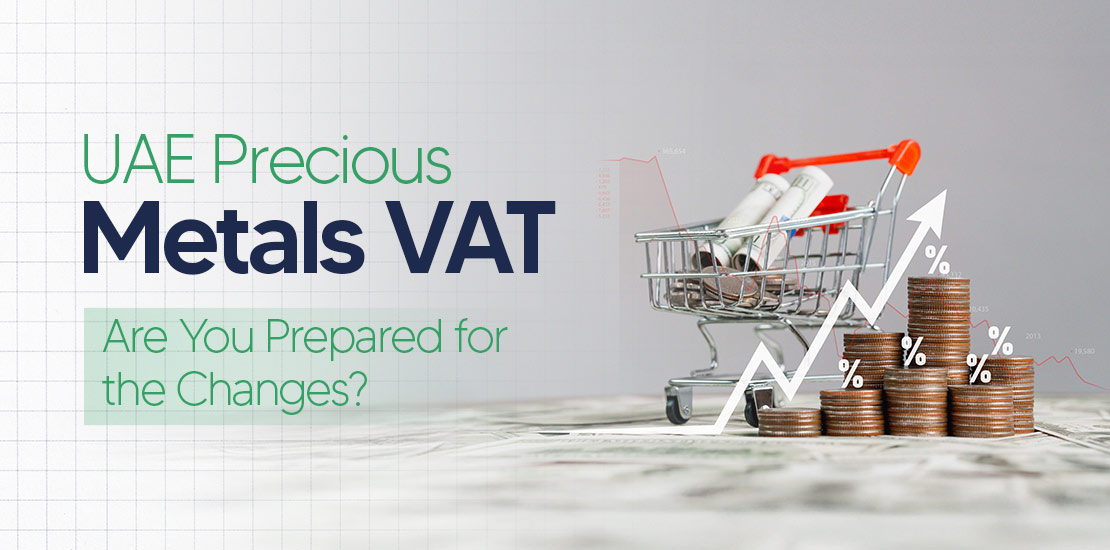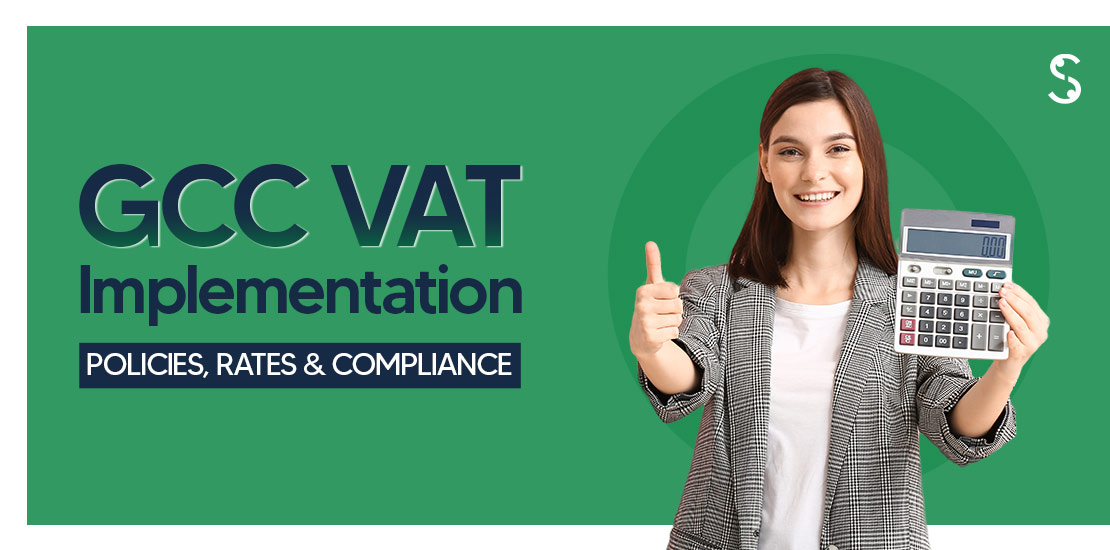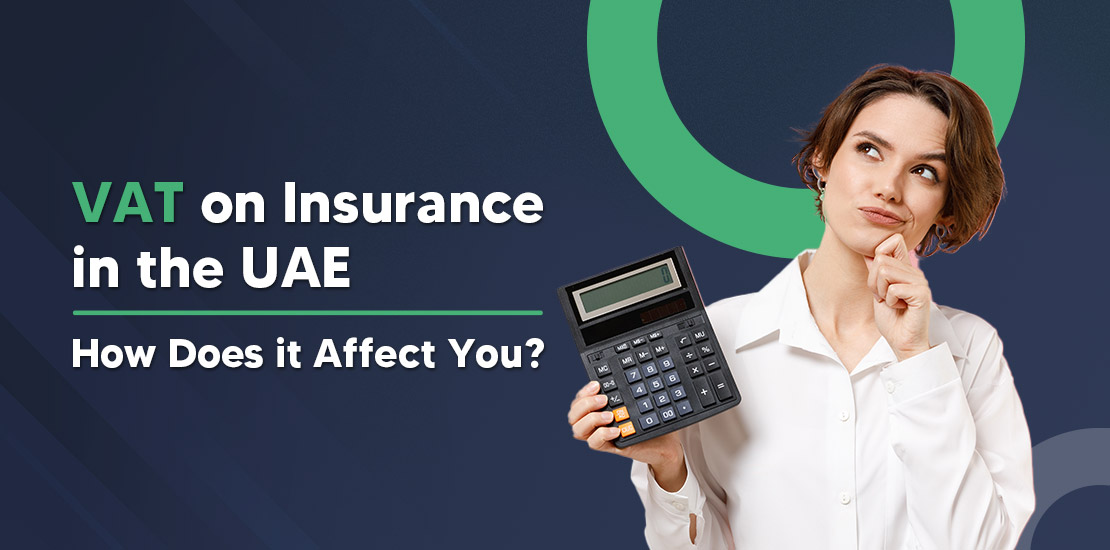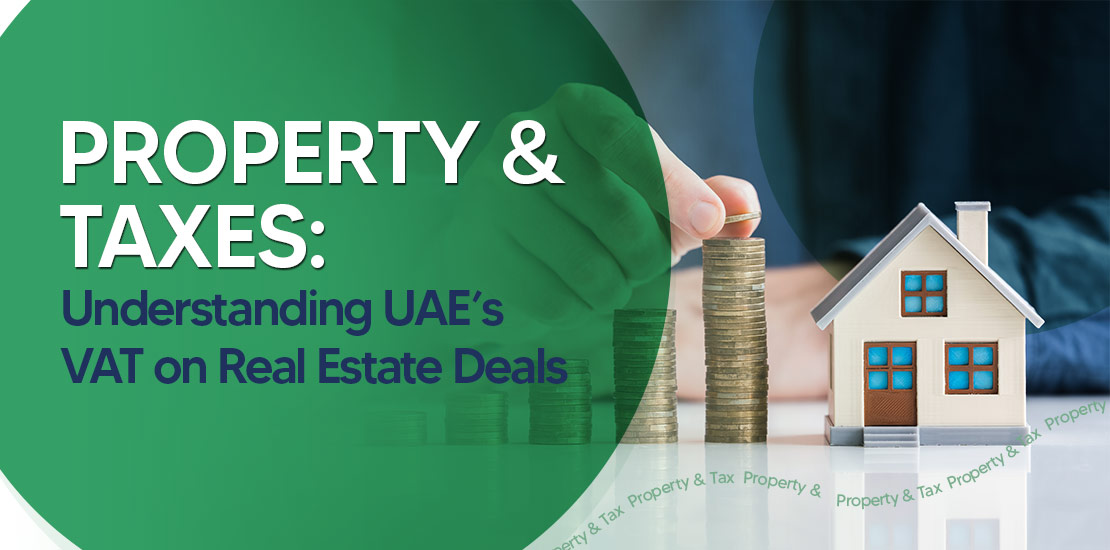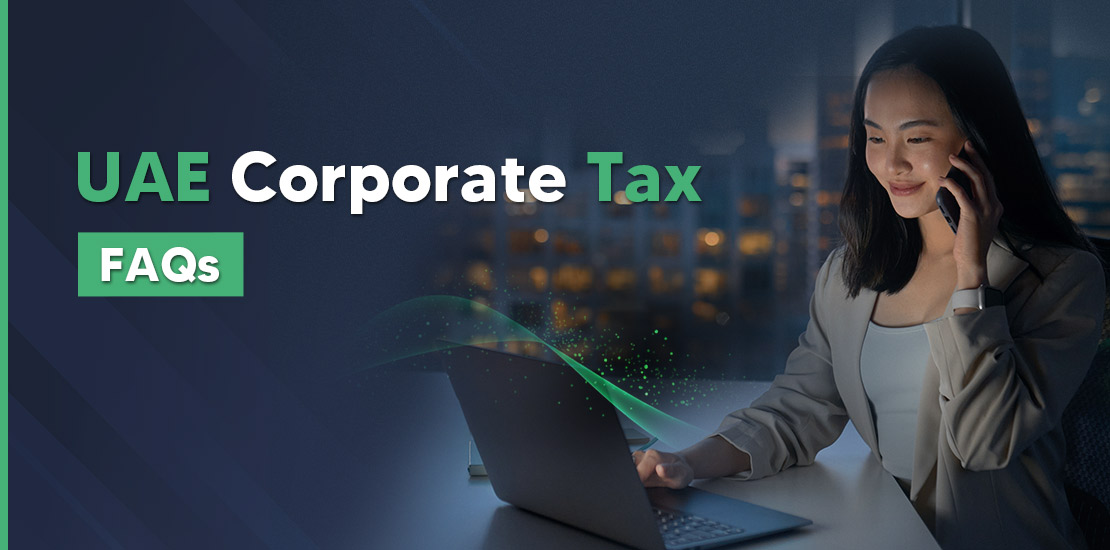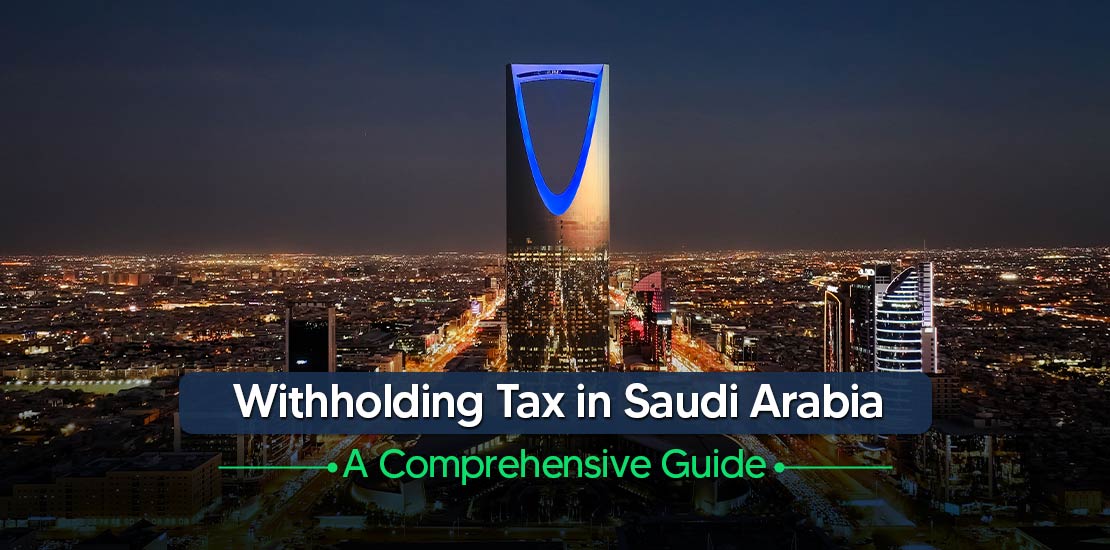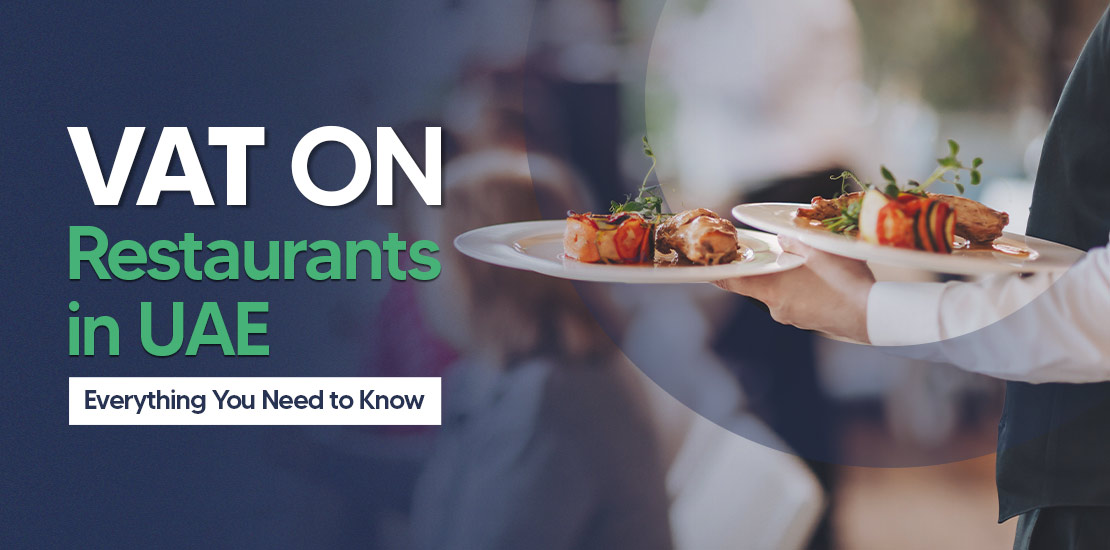Table of Contents
The United Arab Emirates (UAE) is renowned for its vibrant trade in precious metals and stones, with Dubai often called the “City of Gold.” In 2018, the UAE introduced a 5% Value Added Tax (VAT) on most goods and services, including precious metals and stones. To support and enhance this vital sector, the government has recently announced UAE Precious Metals VAT Changes.
A notable change is the introduction of the Reverse Charge Mechanism (RCM) through Cabinet Decision No. (127) of 2024, which shifts the responsibility of reporting VAT from the seller to the buyer in certain transactions. This update aims to simplify tax procedures and improve cash flow for businesses. For businesses and investors in this sector, understanding these changes is crucial to ensure compliance and optimize financial operations.
VAT on Precious Metals in the UAE
According to UAE VAT regulations, precious metals refer to gold, silver, and platinum that meet specific conditions. The Federal Tax Authority (FTA) classifies these metals under two main categories:
Investment Precious Metals:
- These are high-purity metals meant for investment purposes rather than for industrial or jewellery-making purposes.
- To qualify as investment precious metals, they must meet a minimum purity level of 99% and should be in a tradable form accepted by global bullion markets (such as bars or ingots).
Non-Investment Precious Metals:
- Any gold, silver, or platinum that does not meet the criteria for investment precious metals falls under this category.
- This includes precious metals used in jewellery, ornaments, and industrial applications.
Standard VAT Rate Applicable to Precious Metals
The UAE imposes a standard VAT rate of 5% on most goods and services. However, the application of this rate to precious metals depends on their classification:
- Investment Precious Metals: Qualifying gold, silver, and platinum are subject to a zero-rated VAT of 0%.
- Non-Investment Precious Metals: Precious metals that do not meet the investment criteria are subject to the standard VAT rate of 5%.
Zero-Rated vs. Standard-Rated VAT Classification
Zero-Rated Supplies: These are taxable supplies subject to a 0% VAT rate. Businesses dealing exclusively in zero-rated supplies can register for VAT and reclaim input tax paid on related expenses. In the context of precious metals, supplies of investment-grade gold, silver, and platinum qualify as zero-rated.
Standard-Rated Supplies: These are taxable supplies subject to the standard VAT rate of 5%. Precious metals not meeting the investment-grade criteria fall into this category, and the standard VAT rate applies.
Background of VAT on Precious Metals and Stones in the UAE
In 2018, UAE government introduced VAT regulations for the precious metals and stones sector through Cabinet Decision No. (25) of 2018. This decision specifically targeted transactions involving gold and diamonds between VAT-registered businesses.
Under this framework, the reverse charge mechanism (RCM) was applied, shifting the responsibility of reporting and paying VAT from the supplier to the buyer. This approach aimed to alleviate cash flow challenges for suppliers and streamline tax compliance within the industry.
Limitations of the Previous Framework
While the 2018 framework addressed VAT concerns for gold and diamond transactions, it had notable limitations:
- Narrow Scope: The regulations were confined to gold and diamonds, excluding other precious metals and stones, which left a significant portion of the industry without clear VAT guidelines.
- Complex Compliance: Businesses dealing with other precious materials faced uncertainties and potential inconsistencies in VAT treatment, leading to administrative complexities and compliance risks.
UAE Precious Metals VAT Changes – Cabinet Decision No. (127) of 2024
To address these gaps, the UAE government issued Cabinet Decision No. (127) of 2024 on December 16, 2024, which became effective on February 15, 2025. This new decision expanded the application of the reverse charge mechanism to include a wider range of precious metals and stones.
Specifically, it encompassed gold, silver, palladium, platinum, natural and synthetic diamonds, pearls, rubies, sapphires, and emeralds. Additionally, jewellery predominantly composed of these materials was also included under the RCM.
Key Objectives of the New Decision
The primary goals of UAE precious metal VAT Changes under Cabinet Decision No. (127) of 2024 were:
- By extending the reverse charge mechanism to a more extensive array of precious metals and stones, the decision aimed to standardize VAT treatment across the sector, reducing ambiguity and promoting consistency.
- The updated regulations were designed to enhance the competitiveness of the UAE’s precious metals and stones market by simplifying tax procedures, thereby attracting more business and investment to the sector.
Key Changes Introduced by the New Decision
The Cabinet Decision No. (127) of 2024 introduces significant changes to the VAT treatment of precious metals and stones in the UAE. Here are the key changes introduced by the new decision:
1. Expansion of the Reverse Charge Mechanism (RCM)
The Reverse Charge Mechanism (RCM) was previously applied only to gold and diamonds under Cabinet Decision No. (25) of 2018. The new decision expands RCM to include a broader range of precious metals and stones, such as:
- Gold, Silver, Platinum, and Palladium
- Natural and Lab-Grown Diamonds
- Pearls (natural and cultured)
- Rubies, Sapphires, and Emeralds
Jewellery made from these metals and stones is also covered under RCM, provided the value of the precious components exceeds the value of other materials in the product.
2. Clarification on VAT Treatment for Precious Metals & Stones
- Investment-grade precious metals (99% purity or more) continue to be zero-rated (0% VAT).
- Non-investment-grade metals and jewellery are subject to 5% VAT unless the transaction falls under the RCM for VAT-registered businesses.
- The decision removes ambiguity around which transactions qualify for the RCM, and which remain under the standard VAT process.
3. VAT Registration Requirements for Industry Players
- Businesses trading in precious metals and stones are now required to register for VAT if they meet the UAE’s VAT registration threshold. This means that small-scale traders and jewellers must ensure they are VAT-registered to comply with the new RCM rules.
- Suppliers are no longer required to charge or report VAT on business-to-business transactions involving the specified precious metals and stones.
Enhanced Compliance and Record-Keeping Requirements
The new rules require businesses to maintain detailed VAT records, including invoices, tax reports, and documentation of RCM transactions. Businesses must update their invoicing systems to reflect the expanded scope of RCM.
How do the New VAT Provisions Work?
The implementation of Cabinet Decision No. (127) of 2024 introduces significant changes to the VAT obligations for businesses involved in the trade of precious metals and stones in the UAE. Here’s how these changes impact suppliers and buyers:
For Suppliers:
- No longer required to charge VAT on specified transactions with VAT-registered buyers.
- Must verify buyers’ VAT registration and maintain proper documentation.
For Buyers:
- Responsible for self-accounting and reporting VAT on purchases under the reverse charge mechanism.
- Must declare and pay VAT in their tax returns, ensuring compliance and potential input tax claims.
- Both suppliers and buyers should update their accounting processes to align with the new VAT framework.
How Shuraa Tax Can Help
The UAE precious metal VAT changes bring important changes, especially with the expanded reverse charge mechanism. While suppliers no longer have to charge VAT, buyers now have more responsibility for reporting it. To avoid fines and stay compliant, businesses must keep up with these updates.
At Shuraa Tax, we make VAT easy for you. Whether you need help with VAT registration, filing, or understanding the new rules, our experts are here to guide you. Get in touch with us today for hassle-free VAT solutions and keep your business running smoothly.
Frequently Asked Questions
1. What is the reverse charge mechanism (RCM) and how does it apply to precious metals and stones?
The RCM shifts the responsibility of VAT payment from the seller to the buyer, meaning VAT-registered buyers must report and pay VAT on eligible transactions.
2. Which specific goods are affected by the new VAT regulations?
The new rules apply to gold, silver, platinum, palladium, and precious stones like diamonds, pearls, rubies, sapphires, and emeralds.
3. How can businesses determine if the RCM applies to their transactions?
If both the buyer and seller are VAT-registered and the goods fall under the new regulations, the RCM applies. Verification of the buyer’s VAT registration is essential.
4. Do suppliers still need to charge VAT on sales of precious metals and stones?
No, VAT-registered suppliers do not charge VAT on eligible B2B transactions; instead, buyers must account for VAT under the RCM.
5. Can businesses claim input VAT under the new rules?
Yes, VAT-registered buyers can claim input VAT on purchases, provided the transaction meets the conditions set by the UAE tax authorities.



